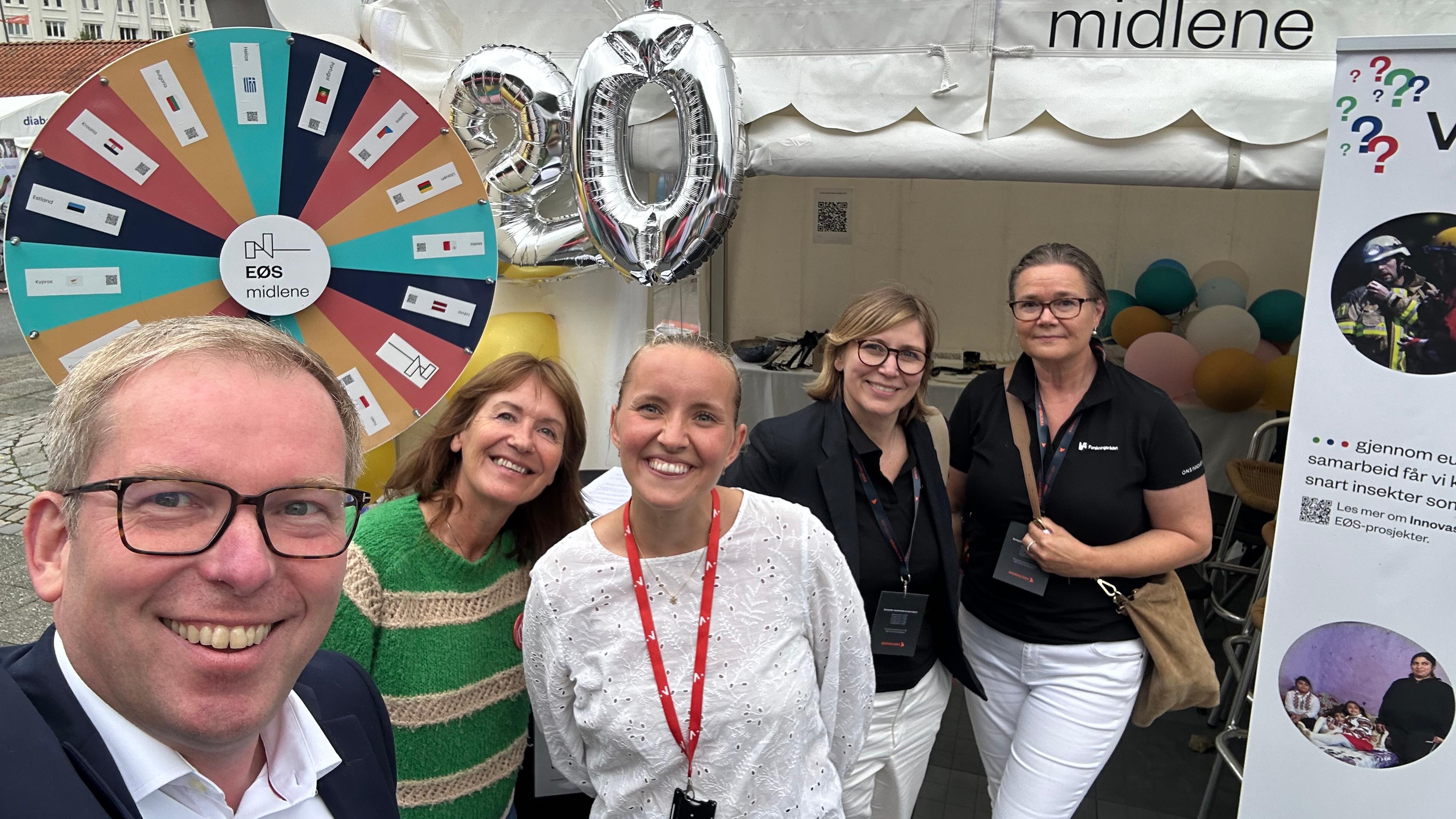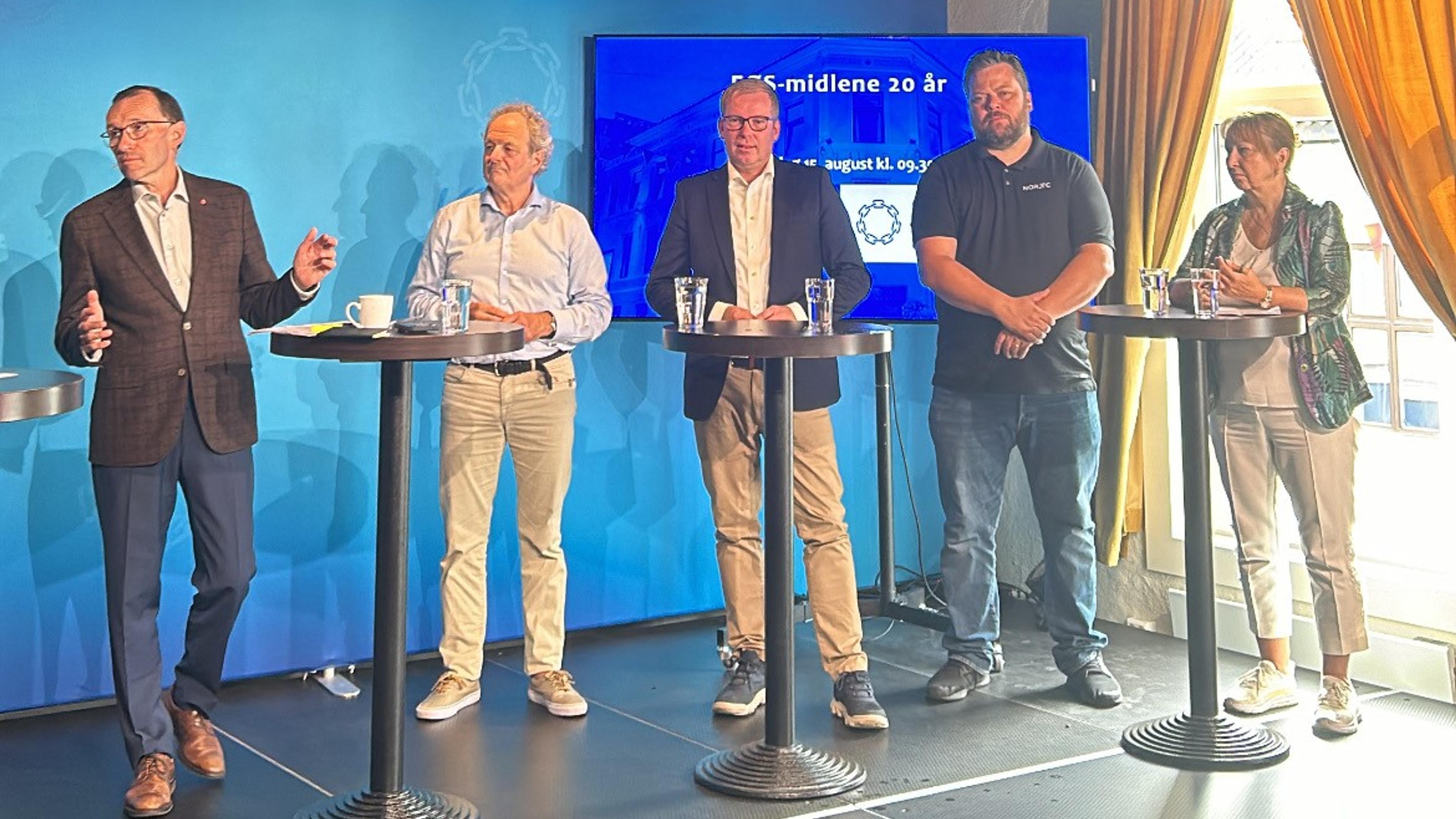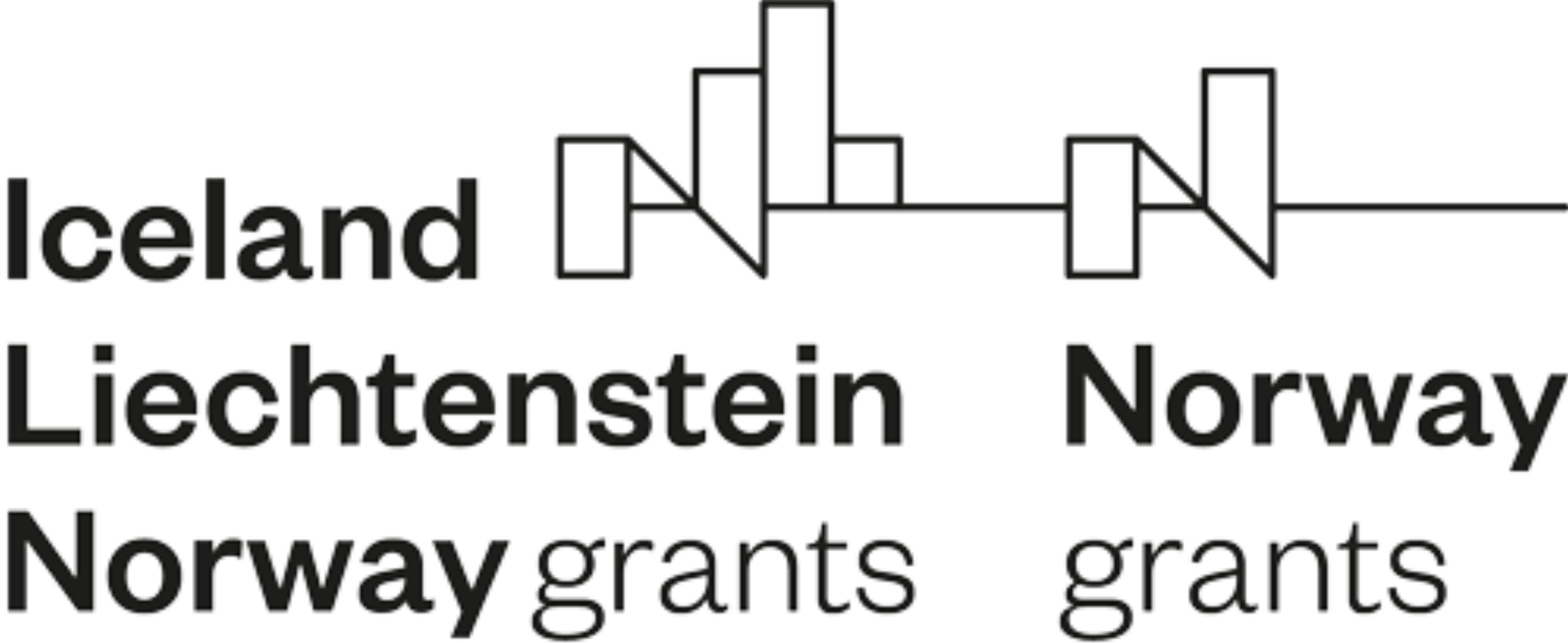Celebrating the 20th Birthday of the EEA and Norway Grants!
 © Innovation Norway
© Innovation NorwayThe EEA and Norway Grants are the contributions of Norway, Iceland, and Liechtenstein to reduce social and economic disparities in Europe. A total of 5.9 billion euros has been allocated to various projects in 15 countries that are below the economic average in Europe.
«The EEA and Norway Grants have not only contributed to social levelling, but have also helped develop safe communities, strengthen democracy, and provided us with more knowledge, cooperation, and overall better lives for more residents in Europe. In this way, the EEA Grants have meant a lot for peace, reconciliation, and stability in Europe.»
Celebration in Arendal
 © Innovation Norway
© Innovation NorwayWhat have the EEA and Norway Grants meant for peace, reconciliation, and stability in Europe? What results have the Norwegian projects achieved? And what significance can the EEA Grants have for European cooperation?
Several directorates, professional agencies, KS, and Innovation Norway are Norwegian programme partners for the EEA and Norway Grants. Together with the Ministry of Foreign Affairs and nine other programme partners, KS invited to a birthday party and conversation during Arendalsuka, at Lille Hotell on Thursday, August 15th.
We offered birthday cake, and a conversation led by Christina Kullmann Five. Among the guests were Foreign Minister Espen Barth Eide, former European correspondent Roger Severin Bruland, Innovation Norway's CEO Håhon Haugli, and Professor of Political Science and Europe enthusiast Jan Erik Grindheim.
«Happy anniversary to Norway and the EEA! Innovation Norway is happy that the EEA agreement has ensured Norway access to the EU internal market for 30 years. This has been crucial for the Norwegian private sector, as almost 70% of Norwegian mainland exports go to Europe. Innovation Norway is also proud to be managing some of the EEA & Norway Grants, which contribute to growth and transition in Europe, while also supporting Norwegian businesses that want to reach new markets. It’s a win-win situation for Norway and Europe.»
Did you miss the Celebration?
Fear not - the event was recorded and you can watch it here:
Results of 20 years of Cooperatation
Over 20 years, Norwegian and European partners have carried out over 15,000 projects with good results. Here are some of them:
- In Malta, the Norwegian Occupational Therapy Association and Oslo University Hospital, with KS as a program partner, have worked on a project that provides better health services to children with disabilities.
- Norway’s only UNESCO biosphere area in Nordhordaland has worked with Portuguese partners, the University of Bergen with Innovation Norway as program partners, to further develop these unique areas.
- The Norwegian Courts Administration has worked with partners in Bulgaria to strengthen legal aid for vulnerable groups in the Roma minority.
- The Norwegian Helsinki Committee has worked to strengthen dialogue between the Greek and Turkish populations on the divided island of Cyprus.
- The Directorate for Radiation Protection and Nuclear Safety has collaborated with its Lithuanian partner on handling radioactive waste for a nuclear power plant that is being decommissioned.
- The Directorate for Higher Education and Competence has, together with schools in Slovenia, developed new methods for learning and using technology in teaching.
- The Norwegian Wergeland Centre collaborates with Greek authorities to ensure education for minor refugees.
- The Directorate of Correctional Services has, together with its Czech partners, established transition houses for convicted persons.
- In collaboration with the University of Gdansk in Poland, Sintef and the University Centre in Svalbard are researching the effects of pharmaceutical emissions in the Polish Sea. The Research Council is a program partner.
- The Directorate of Integration and Diversity and the Directorate of Immigration have collaborated with Romanian authorities to improve the reception of refugees in the country.
- The Environment Directorate is a program partner in a project where Ullensvang municipality and the Slovak city of Brezno have developed local measures to counteract climate change.
- The Directorate of Health and the Norwegian Institute of Public Health have several projects where Norwegian and European schools collaborate to increase physical activity among school children.
